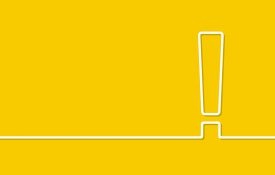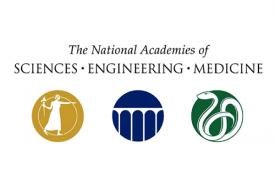-
The Crisis That Shocked the World: America’s Response To the Coronavirus
Isabelle Papadimitriou, 64, a respiratory therapist in Dallas, had been treating a surge of patients as the Texas economy reopened. She developed covid-19 symptoms June 27 and tested positive two days later. The disease was swift and brutal. She died the morning of the Fourth of July. The holiday had always been her daughter’s favorite. Fiana Tulip loved the family cookouts, the fireworks, the feeling of America united. Now, she wonders whether she’ll ever be able to celebrate it again. In mourning, she’s furious. Tulip, 40, had seen her country fail to control the novel coronavirus. She had seen Texas ease restrictions even as case counts and hospitalizations soared.
-
The Holocaust Survivor Hoping to Change American Police Culture
Ervin Staub has always known the difference a bystander could make. He was born in 1938, and by the time he was six, the Nazis were deporting 440,000 of his fellow Hungarian Jews to death camps. “There were important bystanders in my life who showed me that people don’t have to be passive in the face of evil,” he explained ahead of a conference at the Holocaust Center of Pittsburgh scheduled for September. A Christian woman risked her own life to shelter Staub and his younger sister.
-

Register Now for the August Kauffman Early- Stage Research Professional Development Session!
This monthly series is open to 15 early-stage researchers to connect with research mentors to discuss research approaches, professional development and the research career trajectory.
-

New National Academies Guidance on Encouraging Behavior Change
To hasten public adherence with COVID-19 mitigation and prevention habits, the Societal Experts Action Network (SEAN)—a collaboration between the National Science Foundation and the National Academies of Sciences, Engineering, and Medicine (NASEM)—has developed a set of strategies for leaders.
-

New Content From Perspectives on Psychological Science
A sample of articles on construct validity, data-collection decisions, meditation and neurocognitive mechanisms, oxytocin research, the study of new technologies, and the psychosocial factors that might affect susceptibility to COVID-19.
-
The Misinformation Age Has Exacerbated—And Been Exacerbated By—the Coronavirus Pandemic
If you’re looking for solid information on COVID-19, the Internet is not always your best bet—equal parts encyclopedia and junkyard, solid science on the one hand and rubbish, rumors and fabulism on the other. Distinguishing between the two is not always easy, and with so much of the time we spend online devoted either to sharing links or reading ones that have been shared with us, not only does the junk get believed, it also gets widely disseminated, creating a ripple effect of falsehoods that can misinform people and even endanger lives.

